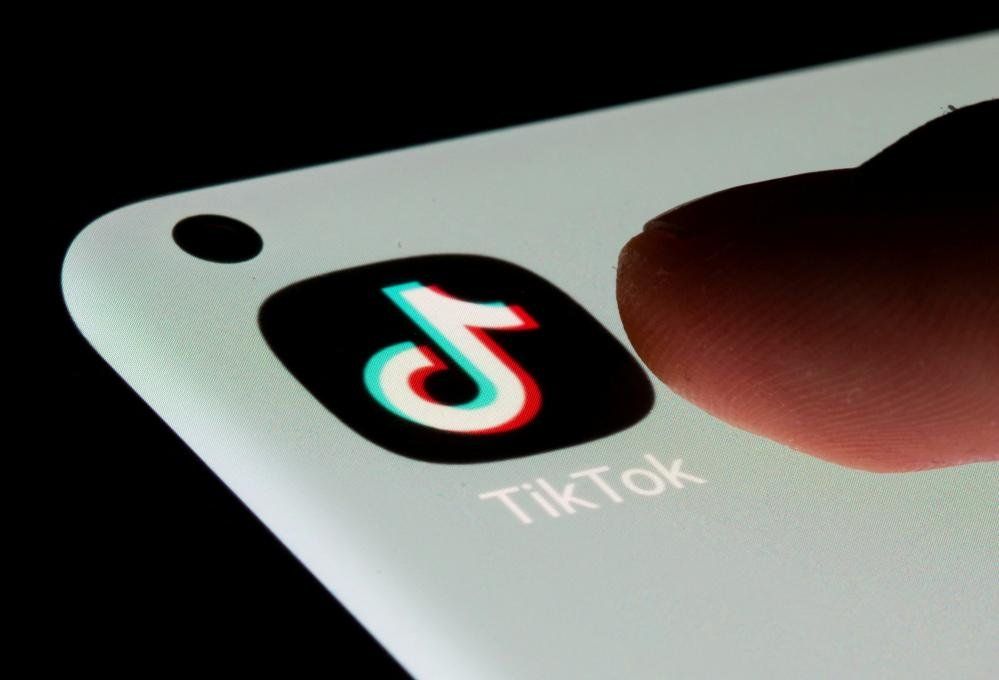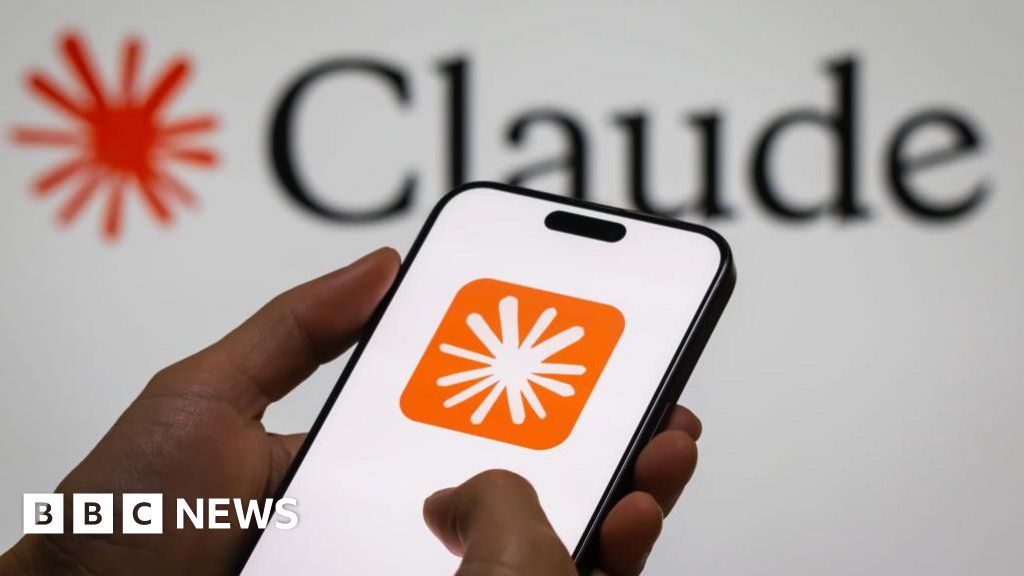ARTICLE AD BOX
 Image source, Reuters
Image source, Reuters
TikTok is setting a 60-minute daily screen time limit for users who are aged under 18.
If young people hit the new limit, they will have to enter a passcode to continue to use the service that day.
But they will have the ability to opt out of the new measure, which TikTok says will be rolled out "in the coming weeks".
The China-owned video app said it is introducing the feature to help people "stay in control" of their use.
TikTok said the new limit comes after it brought in a prompt last year to encourage teens to manage their screen time. It said this helped "increase the use of our screen time tools by 234%".
Users of the platform have to be at least 13, and, as part of this new feature, anyone under the age of 18 will receive a weekly notification with a "recap of their screen time".
No 'right amount' of screen time
Anyone who opts out of the new 60-minute limit, but goes on to use the app for 100 minutes a day, will receive a prompt from TikTok to set their own screen time controls.
Parents of children using the Family Pairing option on the app will also be able to set screen time limits, as well as access a dashboard which would give a breakdown of app usage.
Cormac Keenan, head of trust and safety at TikTok, said the company had worked with researchers in developing the new limits.
"While there's no collectively-endorsed position on the 'right' amount of screen time, or even the impact of screen time more broadly, we consulted the current academic research and experts from the Digital Wellness Lab at Boston Children's Hospital in choosing this limit," he said.
It comes as TikTok, which is owned by Chinese tech company ByteDance, faces renewed controversy over its relationship with the Chinese government and protection of user data.
Earlier this week, the Canadian government became the latest to ban the app from government devices, following similar moves in the United States.

 2 years ago
47
2 years ago
47








 English (US) ·
English (US) ·